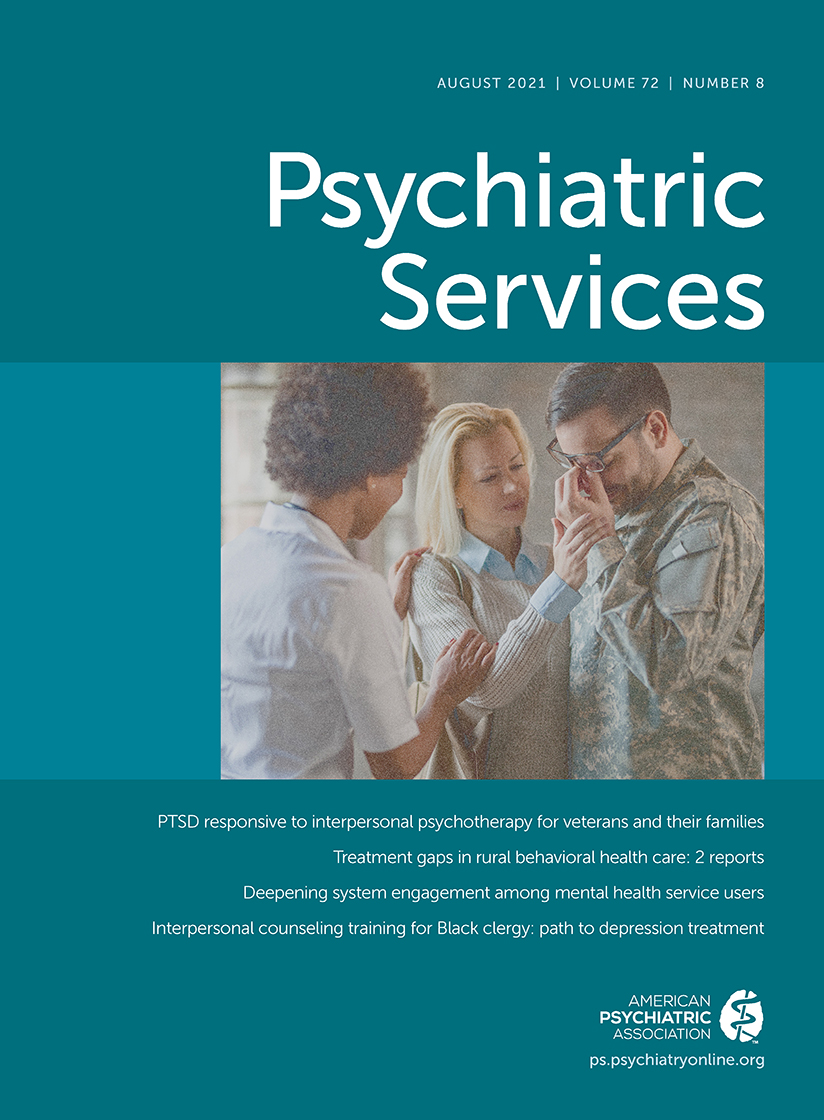Identification and Treatment of Addiction in Medicaid Health Homes
Abstract
Objective:
Coordinated care models, such as the Medicaid health home, may be well positioned to identify and address addiction, yet little is known about the strategies health home plans use to identify and treat this condition. This study examined state requirements of active Medicaid health home plans.
Methods:
Content analyses of all 35 active Medicaid health home plans were conducted to identify state requirements related to enrollment eligibility; provision of addiction screening, treatment, and prevention services; inclusion of addiction treatment professionals within the health home provider care team; and outcomes monitoring.
Results:
Apart from health homes specifically focused on addiction, few states require health home plans to screen (44% of primary care–based and 33% of psychiatric health homes), treat (0% and 13%, respectively), and monitor treatment services for addiction (25% and 13%, respectively).
Conclusions:
Limited screening and treatment of addiction within health homes may limit the model’s effectiveness in improving overall health.



